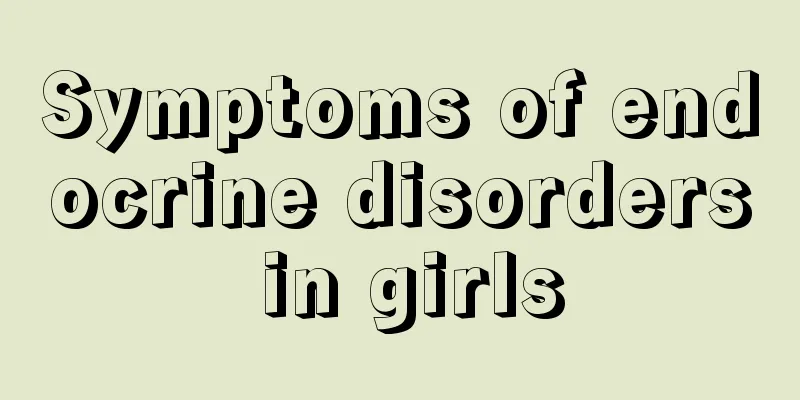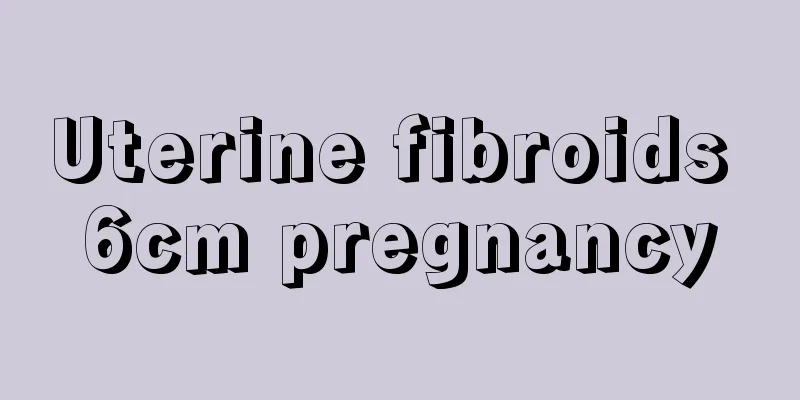This little "hole" will definitely make a woman sick before and after menopause

|
After entering menopause, women's bodies begin to age gradually, hormone levels decrease, and calcium loss accelerates. Especially in the first 5 years after menopause, the loss of calcium in bones reaches about 10%. As the bones lose calcium, the alveolar bone becomes porous and atrophies. Therefore, women are prone to oral and dental diseases around menopause. It is recommended that women around the age of 45 undergo a dental check-up and teeth cleaning every year. After the age of 36, women begin to gradually lose calcium in their bones. The calcium in the bones of premenopausal women decreases at a rate of 1% per year. After menopause, especially in the first 5 years after menopause, the calcium loss in bones reaches about 10%. The direct consequence of calcium loss in bones is osteoporosis and bone tissue atrophy. Teeth grow in the upper and lower jaws, and the bone surrounding the teeth is called the alveolar bone. Around the time of menopause, women lose calcium in their bones, causing the alveolar bone to become porous and atrophy. The result is that the bone around the teeth shrinks, the gums on the surface also recede, and the roots of the teeth are gradually exposed. Teeth will feel pain when they encounter hot, cold, sour or sweet things. Exposed tooth roots are also prone to tooth decay, so women are particularly prone to oral dental diseases around menopause. The saliva secretion of menopausal women decreases, the self-cleaning function of the oral cavity is weakened, and they are also prone to oral mucosal diseases such as dry oral mucosa, recurrent mucosal ulcers, oral lichen planus, etc. In addition, endocrine disorders in menopausal women can also easily cause abnormal sensation of the oral mucosa. Symptoms include a burning sensation in the posterior tongue mucosa or worsening gingival inflammation. Women around the menopause should pay special attention to maintaining oral hygiene. Brush your teeth every morning and evening, do "teeth tapping" exercises and massage your gums before going to bed and after waking up in the morning. This can slow down the absorption of the alveolar bone, and even promote the regeneration of the alveolar bone and prevent gum atrophy. After the age of 45, women should see a dentist once a year for a teeth cleaning, so that their teeth can remain strong even into old age and healthy teeth can serve them throughout their lives. Toothache is not a disease, but it can be fatal. When a woman is about to enter menopause, she must remember to protect her teeth and mouth, so as to prevent the invasion of various bacteria and viruses; this is the only way to truly ensure the health of her teeth and even her mouth. |
<<: The woman contracted this strange disease after marriage
>>: It is difficult for women to get rid of this "pain" in their lifetime
Recommend
What are the benefits of drinking pure milk for pregnant women
People are paying more and more attention to heal...
Priceline: Nearly 50% of mobile users book hotels while on the go
Priceline.com surveyed travelers using iOS, Andro...
Little Pomegranate Says Popular Science: Sweetness is in the “New”丨Korla Pears are ripe, eat this “treasure among pears” to relieve autumn dryness!
Your browser does not support the video tag In th...
Stomach cramps in late pregnancy are a sign of labor
After pregnant women enter the late stage of preg...
Treatment of urinary tract infections in women
When it comes to the topic of female urinary trac...
Do older people who play these games regularly have a lower risk of dementia?
In 2022, 55 million people worldwide are living w...
What happens if there is a lump inside the cesarean section wound?
Cesarean section, also known as cesarean section,...
Why did I bleed again half a month after the abortion?
If you suddenly bleed again half a month after an...
What brand is PF liquid foundation? Which is better, PF liquid foundation or Red Earth?
PF liquid foundation is a skin care product speci...
Many people do these unconscious "bad habits" every day.
With the improvement of health awareness, more an...
What does a company background check check? When is a company background check usually conducted?
I believe that when you are looking for a job, yo...
Family planning sterilization surgery
Vasectomy is a long-term contraceptive measure. T...
8 facial features that reveal whether your marriage is going well
Forehead is too bald A woman with a bald forehead...
How long does it take for a Chinese doctor to tell the pulse of a woman during pregnancy?
TV series often show that in ancient times, the e...









